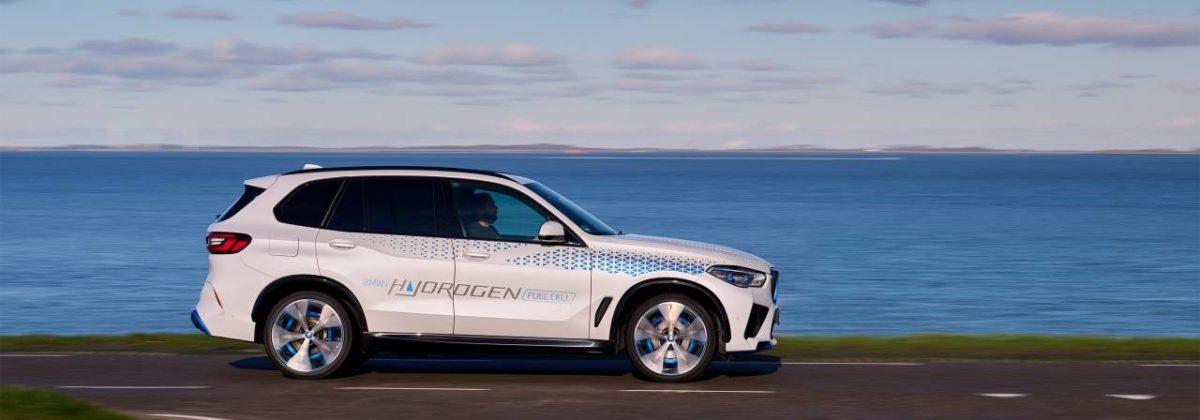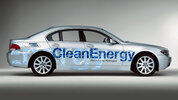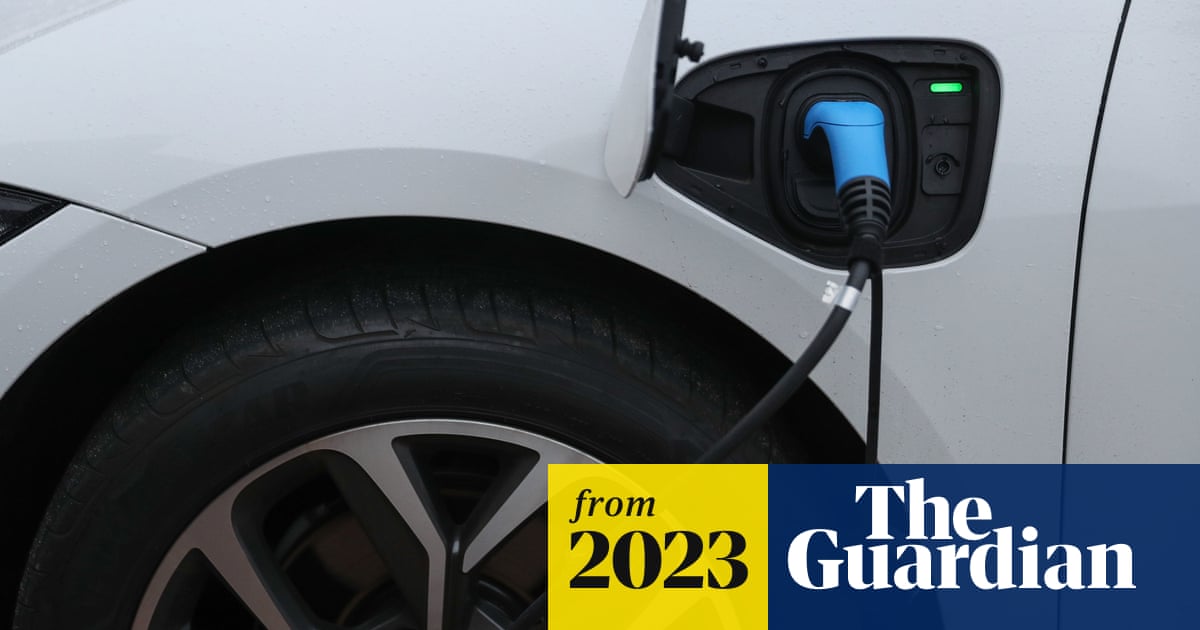Many/most developing countries don't have a reliable nationwide grid.
They don't all have reliable fossil fuel availibility either.
A few years back I read an article where a couple in their thirties somewhere in Africa explained why an EV was more reliable than their old fossil car. Basically the fossil car ended up undrivable more than the EV. Since when the local garage randomly got petrol it was quickly sold out. And while their electricity often had blackouts they did what we all do - plugged their car in when they got home. So it charged when there was electricity available. And they ended up having a working car more often than before.










/cloudfront-us-east-2.images.arcpublishing.com/reuters/PUMJ224I2BMUPFXRN5QHCNJLHU.jpg)
/cloudfront-us-east-2.images.arcpublishing.com/reuters/USY4ZNPPJNKCLAWYXZCEQZCBQE.jpg)